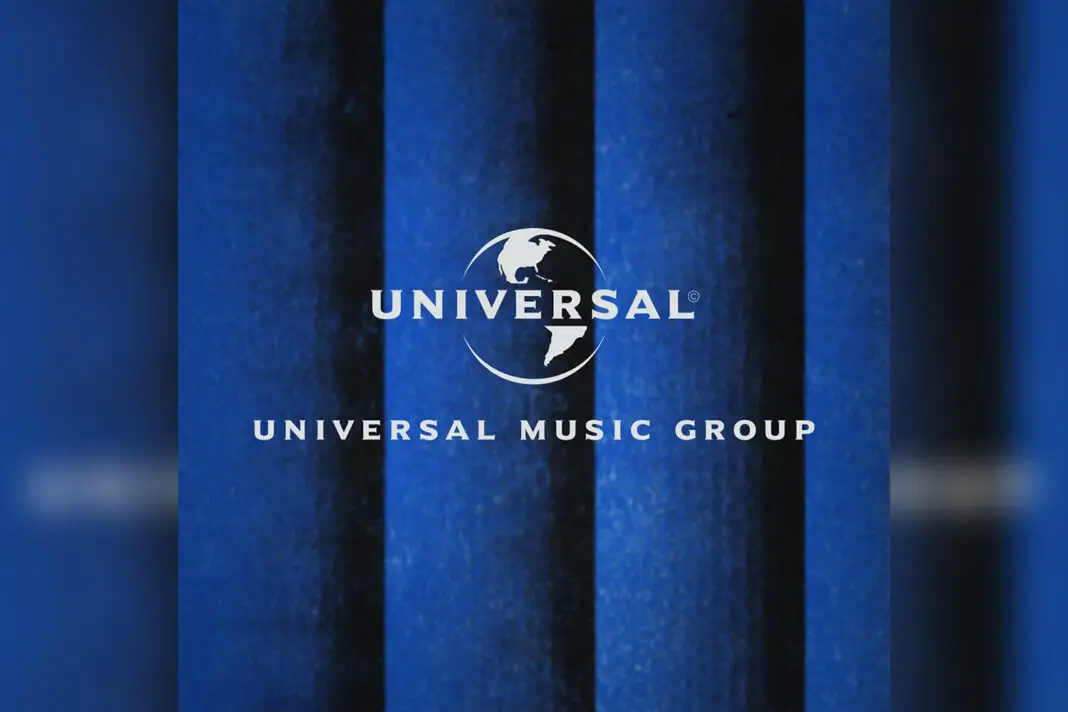The music industry is witnessing a legal battle of monumental proportions as Universal Music Group (UMG) takes TuneCore and its parent company, Believe, to court over allegations of “Industrial-scale copyright infringement“. Joined by Concord Music Group and ABKCO Music & Records, UMG is seeking at least $500 million in damages, accusing the companies of systematically exploiting artists by distributing pirated music.
Allegations of Fraudulent Distribution Practices
At the heart of UMG’s lawsuit are accusations of widespread fraud. According to the complaint, TuneCore and Believe distributed unauthorized copies of songs under fake artist names and altered titles. Iconic tracks by top artists such as Kendrick Lamar, Ariana Grande, Justin Bieber, and Lady Gaga were allegedly uploaded with minor tweaks to the artists’ names—examples include “Kendrik Laamar” and “Arriana Gramde”.
UMG claims that these deceptive practices allowed Believe to flood streaming platforms with pirated content. Therefore, profiting off both major and independent artists. The lawsuit alleges that Believe fostered a network of fraudulent artists and pirate labels. This inflated its catalog, undermining the integrity of digital music distribution.
Read this next: Future Music Magazine Wraps Up 32 Years in Music Production
A Business Model Under Scrutiny
UMG’s filing paints a picture of a company prioritizing rapid expansion over ethical business practices. According to the lawsuit, Believe and TuneCore struck distribution deals with virtually anyone, regardless of their legitimacy, as part of a strategy to amass a vast music library. UMG claims this strategy fueled piracy and unfairly disrupted competition in the music distribution market.
A Broader Battle Over Streaming Royalties
This lawsuit unfolds against the backdrop of a larger debate about the future of streaming royalties. UMG has been a vocal advocate for a “value-sharing artist-centric” model, which would reward top-performing artists more equitably. Believe, however, has opposed these reforms, branding them a “reverse Robin Hood” system that takes earnings from emerging artists to benefit industry giants. UMG’s lawsuit hints that Believe’s opposition to the new model may stem from its dependence on questionable content to sustain its business.
Read this next: TikTok Music to Shut Down by November 2024
Spotify’s Stance: A Key Development
Adding weight to UMG’s claims is Spotify’s recent evaluation of distributor practices. While Believe retained its status as a Preferred Label Distributor, TuneCore fell short of meeting Spotify’s anti-infringement standards. Competitors such as DistroKid, CD Baby, and oneRPM have all managed to meet these requirements, further highlighting TuneCore’s alleged shortcomings.
Implications for the Music Industry
The outcome of this lawsuit could have far-reaching consequences for the music industry. And particularly in the ongoing fight against digital copyright infringement. If UMG’s claims are upheld, it could set a precedent that holds distributors more accountable for policing what they distribute. Additionally, it could spark greater scrutiny of business models that prioritize quantity over quality, potentially reshaping the music distribution dynamics.
For artists, labels, and streaming platforms, this case underscores the importance of robust anti-piracy measures to ensure that creators are fairly compensated for their work. As the legal battle unfolds, it will serve as a critical moment in the industry’s efforts to balance innovation, accessibility, and the protection of intellectual property.




